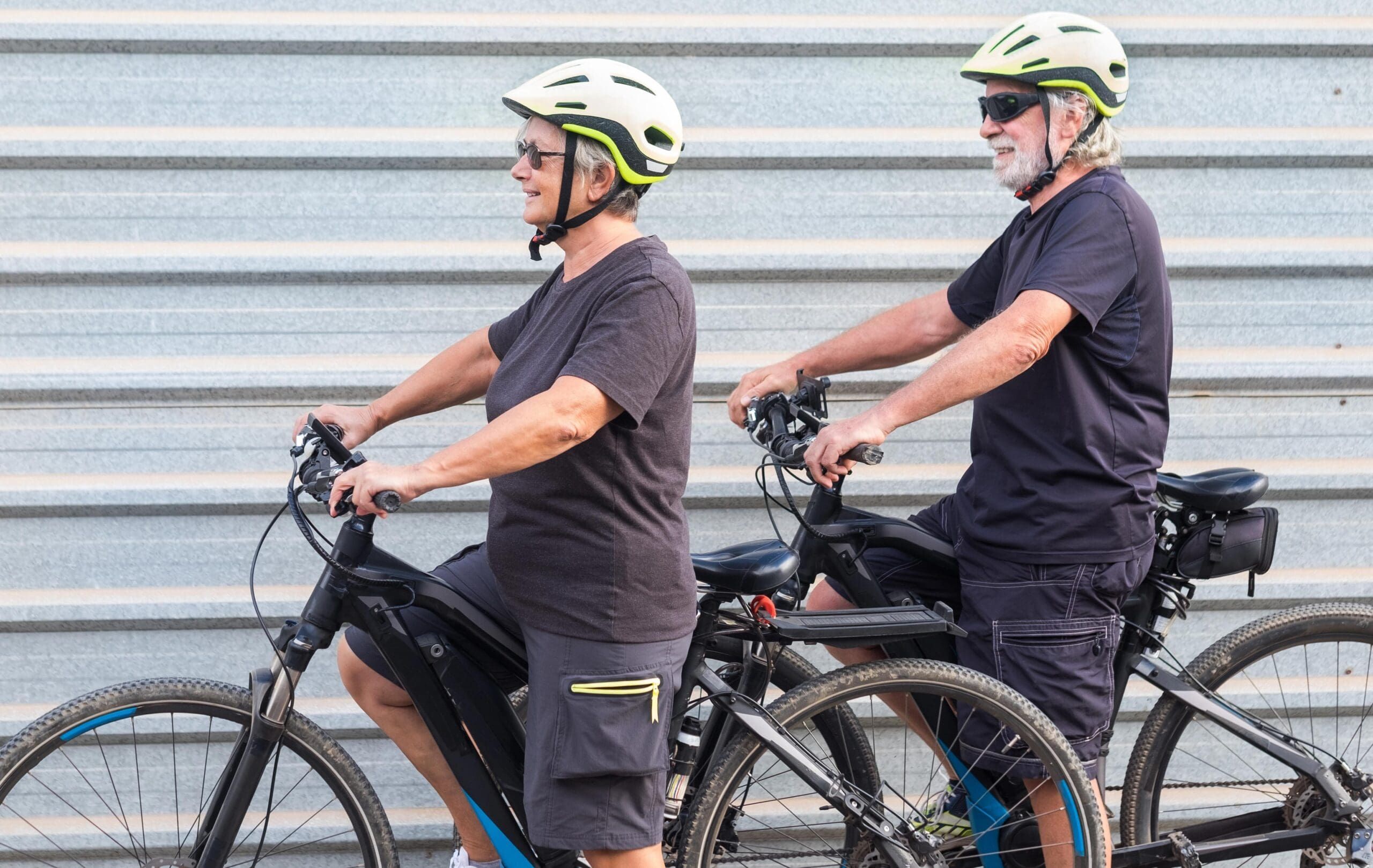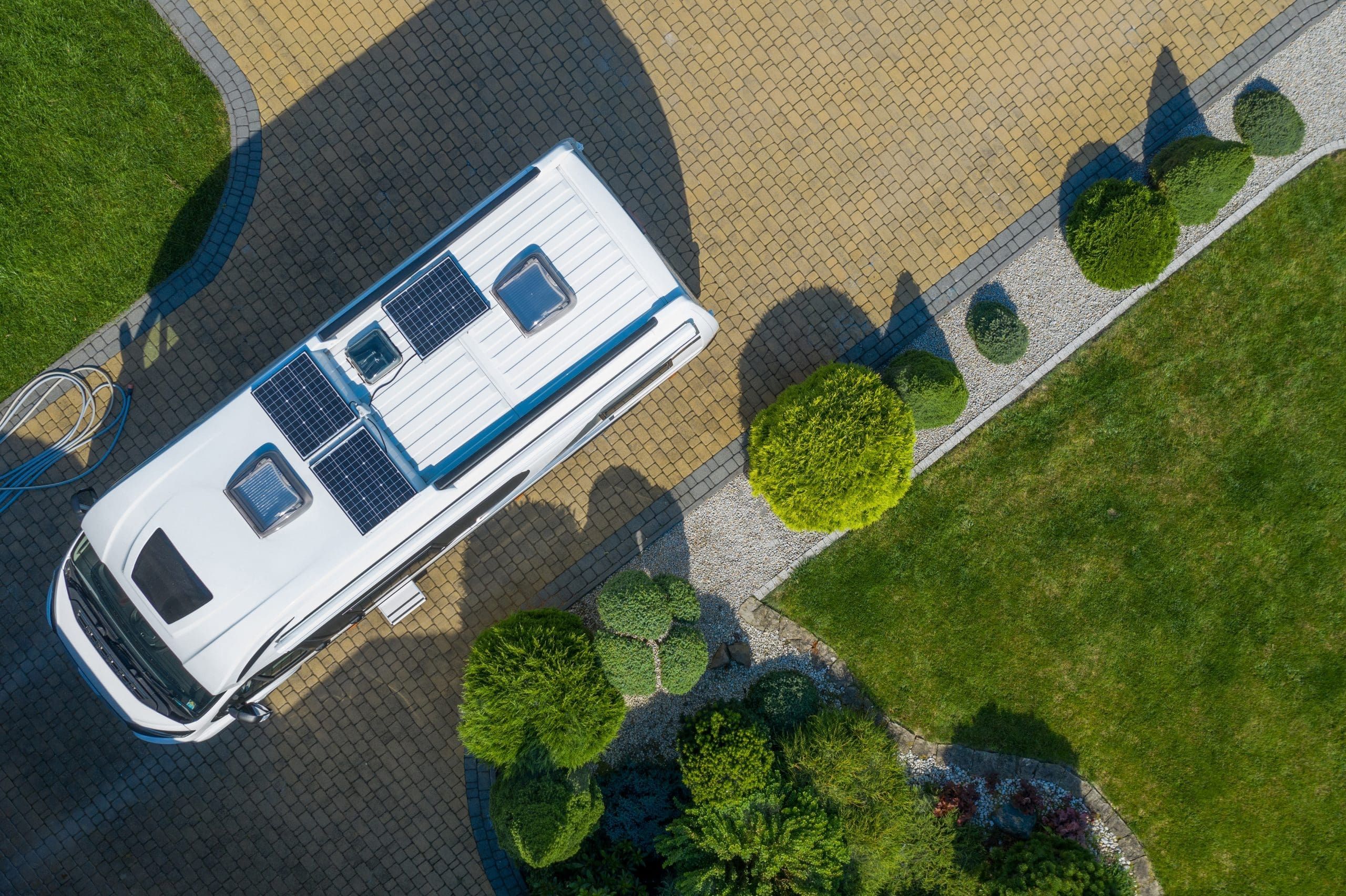
E-Bikes: A Boomer’s Guide
What’s all the fuss about E Bikes? You see them everywhere, even in high end bike shops that sell ultra-sophisticated feather-light road racers that can cost $10,000 and up.
If you’re already an Rver, well…
Ready to explore? Where you begin is really based on what you’re looking for?
We started installing solar panels on RVs in the 1980’s. The cost of solar panels has come down and the performance has gone up. Solar is a great value. Many manufacturers are now offering this upgrade from the factory. I put solar into 2 categories- self-regulating and external-regulating. Panels 100 watt and larger have a higher output voltage and require an external regulator to prevent overcharging batteries. Most panels under 75 watts have a lower output voltage and self-regulate, not requiring an external regulator. The difference is the lower wattage panels only keep an already charged battery from discharging. The high output panels can recharge a battery.
The lower output panels do work very well on motorhomes. For customers who have their motorhome in storage for long periods or who sit in one site for extended periods of time, a small output panel on the chassis (starting) battery works great. On a motorhome there are two independent battery systems. The chassis (starting) battery and the coach (RV) battery. The chassis battery often gets forgot about. A 50watt panel will keep the chassis battery charged, extending the life of the battery.
Portable solar panels are self-regulating. They are a great way to keep a RV battery charged. They also make a great addition to units with an existing roof mounted system. The portable panel can be placed for ideal sun exposure. This can be handy when camping in the trees.
The best performance is using a permanent roof mounted system with an external charge controller and minimum 100-watt panel. This is the minimum to take a battery system and recharge it. Most of the systems we install start at 200-watts. The advantage of a permanent roof mounted system is its always working. Even when the RV is in storage. An RV battery will last much longer when it is kept fully charged.
The size of panel and battery are determined by how much daily consumption of power you anticipate. Lights, furnace, and water pump on 90 AH battery with 100-watt solar has been a setup I have used on units under 25 feet summer camping with 2 people. Camping earlier or later in the season the furnace runs longer and the sun isn’t as powerful. Batteries aren’t as efficient in cold weather. These factors can increase the capacity needed in the battery and the solar panel. The example of a small trailer with a light load shows how quickly the capacity of the solar panel and battery system gets used up. This setup will need a supplemental charge within a week of use.
The power use on a larger RV can gets a little more complicated and often requires use a generator with a programable inverter/charger to keep up with power demands. Covered in a previous post the use of an inverter/charger is important to get the most out of a generator. There are many variables when RVing without shore power. We are happy to sit down and analyze your power needs and design a system that fits you.

What’s all the fuss about E Bikes? You see them everywhere, even in high end bike shops that sell ultra-sophisticated feather-light road racers that can cost $10,000 and up.

Fortunately, there are upgrades you can do to your ageing travel trailer or motorised RV that don’t cost an arm and a leg and can significantly enhance your comfort and convenience on the road.

Thankfully, Canada is also home to some hidden gems. Magical destinations that lie beyond the well-trodden paths of their more famous neighbours. Let us introduce some of them to you.

How to shop for a used RV. How to shop for a pre-owned RV.

As a first date, so to speak, you might want to consider renting a vehicle to see if that flutter of infatuation has the potential to bloom into an enduring passion that prompts you to make that long term financial commitment of a purchase.
Monday | 9:00 AM – 5:00 PM |
Tuesday | 9:00 AM – 5:00 PM |
Wednesday | 9:00 AM – 5:00 PM |
Thursday | 9:00 AM – 5:00 PM |
Friday | 9:00 AM – 5:00 PM |
Saturday | 9:00 AM – 5:00 PM |
Sunday & Holidays | CLOSED |
We have updated our privacy commitment and are now collecting cookies to provide you with ads tailored to your interest across the internet. For more information about cookies and how to disable cookies, visit our privacy commitment. Learn more